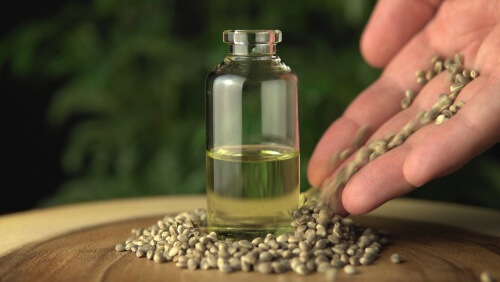
Until recently, cannabidiol was just a niche organic health supplement. However, it has become more popular in the UK and the US over the last few years. The cannabidiol industry is worth around £700 million per year, outshining the industry for every other vitamin supplement combined. It is thought that the demand for cannabidiol has soared in the epidemic period. A 2019 YouGov survey discovered that one out of ten Great Britain natives regularly consumed CBD products.
Despite the above-mentioned information, there is a dearth of scientific evidence on CBD health benefits. Small-scale research in the United States of America has explored cannabidiol’s effects on anxiety, cannabis addiction, insomnia and public speaking. However, as per cannabis expert Amir Englund from King’s College London, the research has not offered enough information for any conclusive claim about the advantages of cannabidiol.
Most CBD studies have been with animals or small human populations, which does not allow proving a lot about its health benefits. According to participants in several CBD trials, cannabidiol has improved their quality of sleep at night. On the other hand, people tend to report that sugar tablets available as placebos have also improved their health. That does not mean that cannabidiol is a useless product. There is still evidence that cannabidiol plays a part in treating human illness in some cases.
In 2019, the National Health Service approved the utilization of Epidyolex, a CBD product for severe cases of epilepsy. Studies demonstrated that if consumed with a different drug called clobazam, Epidyolex caused a 40% reduction in seizures among some kids. However, Englund reckons that that has been among the few CBD exceptions.
As for Englund, the quantity of CBD for epileptic patients is larger as compared to doses in CBD supplements available to customers with no prescription. While patients who participated in the trial took 1,000 milligrams of cannabidiol daily, CBD products available as OTC supplements contain far less cannabidiol. For instance, while CBD gummies usually have around 5 milligrams of cannabidiol per candy, CBD oil drops have 1 milligram per serving.
As for Englund, taking an OTC CBD product is similar to consuming a milligram of paracetamol to treat a headache. For the uninitiated, the paracetamol dosage is usually two 500-milligram tablets.
Thanks to the shortage of evidence about cannabidiol health benefits, health regulators in the United Kingdom classify it as not a medication but rather a food item.


